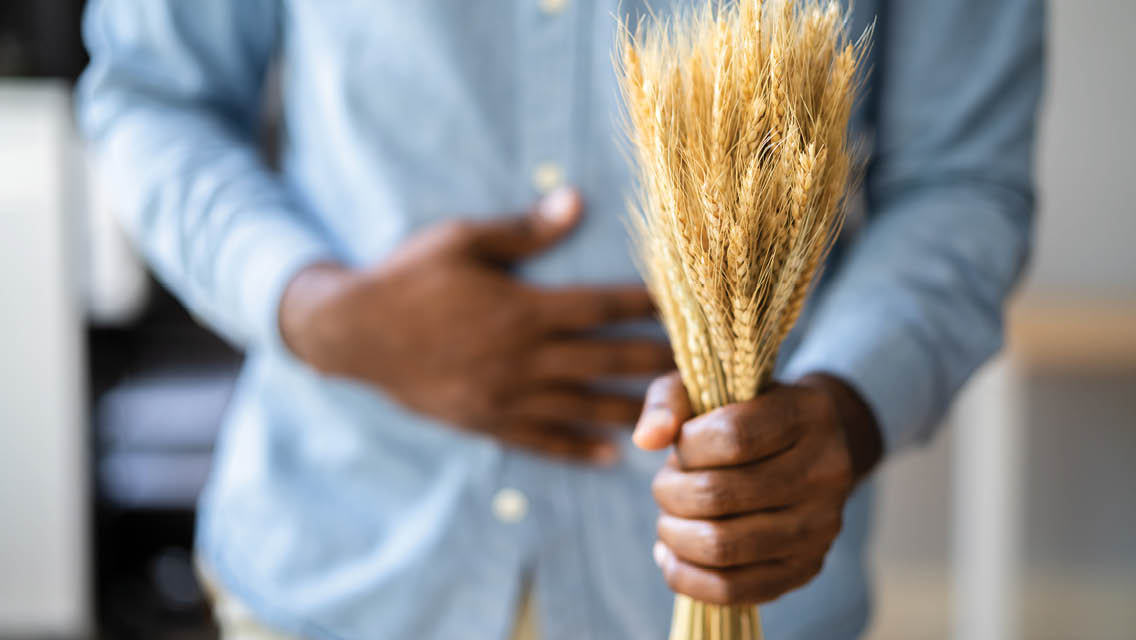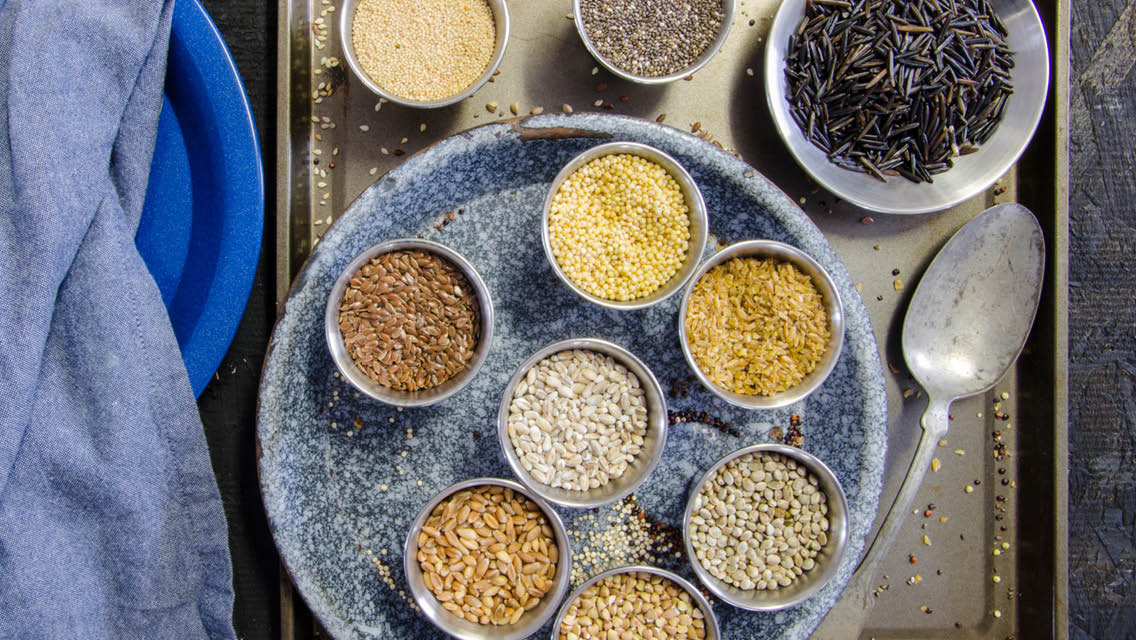When digestive distress strikes, it’s natural to search for the culprit. Is it a food allergy? Or could it be an immune-system malfunction, like celiac disease?
A variety of in-home tests have been introduced recently, ostensibly to help pinpoint the problem. These are not currently diagnostic tools, but a positive result indicates you might have the disease; the next step would be to work with your healthcare provider for diagnosis.
Celiac is particularly challenging to diagnose: Its symptoms can vary widely, and the results of a finger-prick in-home blood test may not prove a reliable marker. “[It’s] not always a one-step process,” explains Mayo Clinic gastroenterologist Lucinda Harris, MD. “It is possible that you could still have celiac disease, even if the results of an initial blood test are normal.”
In-home tests, which involve sending a few drops of blood to a lab, can provide a clue about your celiac status, but most experts agree that the results should not be considered conclusive.
Research on the efficacy of these tests is sparse, though the results of a recent small peer-reviewed study published in the journal Clinical Chemistry and Laboratory Medicine suggest that in-home assessments that measure multiple biomarkers may be more accurate than those screening for fewer antibodies. “These are the tests you should be asking for,” says coauthor Jani Tuomi.
As with blood tests, those opting for in-home testing must remain on a gluten-containing diet for the most accurate results.
In any case, a blood test might not tell the whole story, Tuomi notes. “It can be useful to seek care from a physician who specializes in celiac disease to further investigate the cause of your symptoms.”
This article originally appeared as “In-Home Celiac Tests Have Arrived” in the May 2023 issue of Experience Life.





This Post Has 0 Comments